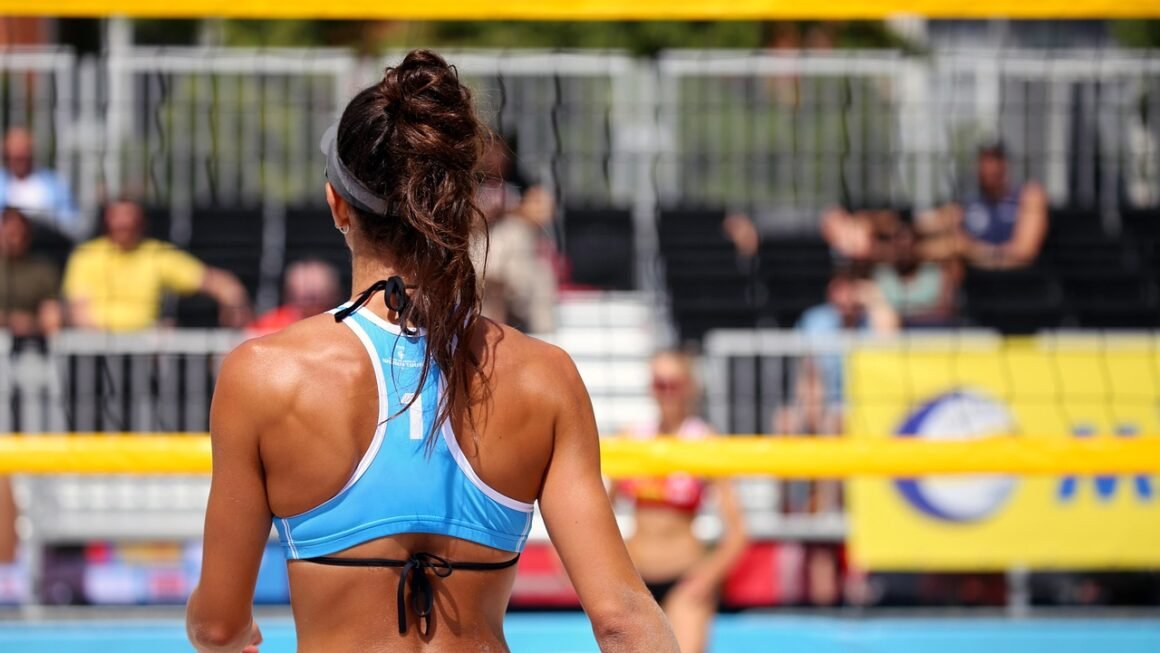Running a marathon is more than just a 26.2-mile footrace; it’s a profound journey of physical and mental endurance, a testament to human will, and for many, a life-changing experience. Whether you’re an aspiring runner lacing up your shoes for the first time or a seasoned athlete looking to improve your personal best, understanding the intricacies of marathon training and preparation is crucial. This guide provides a comprehensive overview of the marathon, offering insights into training, nutrition, race day strategy, and recovery to help you conquer this incredible challenge.
What is a Marathon?
The History and Significance of the Marathon
The marathon’s origins trace back to the legend of Pheidippides, a Greek messenger who ran from Marathon to Athens to announce the Greek victory over the Persians in the Battle of Marathon. According to the legend, he delivered the message and then collapsed and died. The modern marathon was established at the first modern Olympic Games in 1896, commemorating this legendary run.
- The initial Olympic marathon distance was approximately 40 kilometers (24.85 miles).
- The standardized distance of 26.2 miles (42.195 kilometers) wasn’t officially adopted until the 1908 London Olympics.
- Today, marathons are held worldwide, attracting millions of participants and spectators annually. They range from large, well-known events like the Boston Marathon and the London Marathon to smaller, local races.
The Challenge and Rewards of Running a Marathon
Completing a marathon demands significant physical and mental preparation. It’s a test of endurance that requires months of consistent training.
- Physical Benefits: Improved cardiovascular health, increased muscle strength and endurance, weight management, and enhanced overall fitness.
- Mental Benefits: Increased self-confidence, stress reduction, a sense of accomplishment, and improved mental resilience.
- Personal Growth: The journey of training for and completing a marathon teaches discipline, perseverance, and the importance of setting and achieving goals.
Marathon Training: Building Endurance
Creating a Training Plan
A well-structured training plan is essential for marathon success. It should be tailored to your current fitness level, experience, and goals.
- Beginner Plans: Typically span 16-20 weeks, focusing on gradually increasing mileage and incorporating rest days. A beginner might start with 3-4 runs per week, gradually increasing the distance of the long run.
- Intermediate Plans: Designed for runners with some marathon experience, focusing on increasing speed and intensity while maintaining endurance. These plans might include tempo runs, interval training, and longer long runs.
- Advanced Plans: Catered to experienced marathoners aiming for a specific time goal, involving higher mileage, more intense workouts, and specific race pace training.
- Key Elements:
Long Runs: Gradually increase the distance of your longest run each week.
Easy Runs: Run at a comfortable, conversational pace.
Tempo Runs: Sustained effort runs at a comfortably hard pace.
Interval Training: Short bursts of fast running with recovery periods in between.
* Rest Days: Crucial for recovery and preventing injuries. Aim for at least one or two rest days per week.
- Example: A beginner’s 16-week plan might start with a long run of 4 miles in week 1, gradually increasing to 20 miles by week 12, followed by a taper in the final weeks.
Importance of Cross-Training and Strength Training
While running is the primary focus of marathon training, cross-training and strength training play vital roles in preventing injuries and improving performance.
- Cross-Training: Activities like swimming, cycling, or yoga can supplement running, providing a low-impact way to maintain fitness and build strength in different muscle groups.
- Strength Training: Focusing on core strength, leg strength, and upper body strength can improve running efficiency and reduce the risk of injuries. Examples include squats, lunges, planks, and push-ups. Aim for 2-3 strength training sessions per week.
Nutrition and Hydration for Marathoners
Fueling Your Body for Performance
Proper nutrition is critical for marathon training and race day performance. A balanced diet rich in carbohydrates, protein, and healthy fats is essential.
- Carbohydrates: The primary fuel source for runners. Focus on complex carbohydrates like whole grains, fruits, and vegetables. Carbo-loading in the week leading up to the marathon can help maximize glycogen stores.
- Protein: Important for muscle repair and recovery. Include sources like lean meats, fish, beans, and lentils in your diet.
- Healthy Fats: Essential for hormone production and overall health. Choose sources like avocados, nuts, seeds, and olive oil.
- Example Meal Plan: A typical day might include oatmeal with berries and nuts for breakfast, a turkey sandwich on whole-wheat bread for lunch, and grilled chicken with brown rice and vegetables for dinner.
Hydration Strategies
Staying hydrated is crucial for maintaining performance and preventing dehydration during long runs and the marathon itself.
- Daily Hydration: Drink plenty of water throughout the day, especially on training days.
- Electrolyte Replacement: During long runs and the race, use sports drinks or electrolyte tablets to replenish lost sodium and other minerals.
- Hydration Schedule: Practice your hydration strategy during training runs to determine what works best for you.
Race Day: Strategy and Execution
Pre-Race Preparation
Proper preparation in the days leading up to the race can significantly impact your performance.
- Carbo-Loading: Increase your carbohydrate intake in the 3-5 days before the race.
- Rest and Recovery: Prioritize sleep and avoid strenuous activities.
- Mental Preparation: Visualize success and practice positive self-talk.
- Race-Day Checklist: Prepare your gear the night before, including your running shoes, clothes, hydration pack, and any necessary gels or chews.
Pacing and Race Strategy
A well-thought-out race strategy is essential for avoiding early burnout and maximizing your performance.
- Start Slow: Resist the urge to go out too fast. Start at a comfortable pace and gradually build up to your target race pace.
- Maintain a Consistent Pace: Avoid significant fluctuations in pace, as they can drain your energy.
- Listen to Your Body: Pay attention to any signs of fatigue or discomfort and adjust your pace accordingly.
- Fueling and Hydration: Follow your pre-determined fueling and hydration plan. Take small sips of water or sports drink at regular intervals.
- Example Strategy: Aim to run the first half of the marathon slightly slower than your target pace, then gradually increase your pace in the second half if you feel strong.
Dealing with Challenges During the Race
Marathons are unpredictable, and it’s important to be prepared for unexpected challenges.
- Cramps: Stop and stretch the affected muscle. Consider taking an electrolyte tablet.
- Fatigue: Slow down your pace and focus on maintaining a positive attitude.
- Blisters: If possible, stop and apply blister treatment or change socks.
Recovery After the Marathon
Immediate Post-Race Recovery
The first few hours after the marathon are crucial for initiating the recovery process.
- Rehydrate: Replenish fluids and electrolytes.
- Refuel: Eat a carbohydrate-rich snack within 30-60 minutes of finishing the race.
- Cool Down: Walk for 10-15 minutes to gradually lower your heart rate.
- Stretch: Gently stretch major muscle groups.
Long-Term Recovery
Allow your body ample time to recover fully before resuming intense training.
- Rest: Take several days off from running.
- Active Recovery: Engage in light activities like walking or swimming.
- Nutrition: Continue to eat a balanced diet to support muscle repair and recovery.
- Listen to Your Body: Don’t rush back into training too quickly. Pay attention to any signs of pain or fatigue.
- Example Recovery Plan: Take 1-2 weeks completely off running, followed by 2-3 weeks of very light running before gradually increasing mileage and intensity.
Conclusion
Training for and completing a marathon is a significant accomplishment that requires dedication, discipline, and a well-structured approach. By understanding the principles of training, nutrition, race-day strategy, and recovery, you can increase your chances of success and enjoy the incredible journey of becoming a marathoner. Remember to listen to your body, stay consistent with your training, and celebrate your achievements along the way. Whether you’re aiming for a personal best or simply looking to cross the finish line, the marathon experience is one you’ll never forget.



